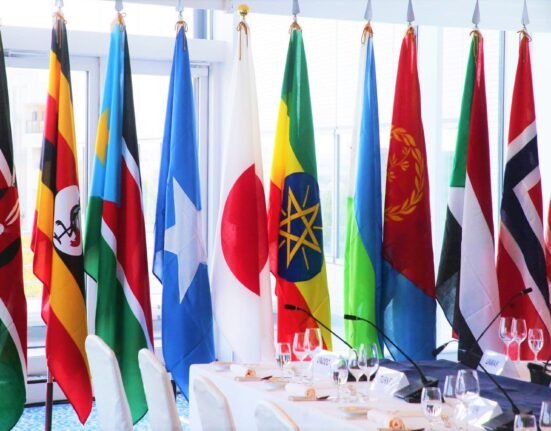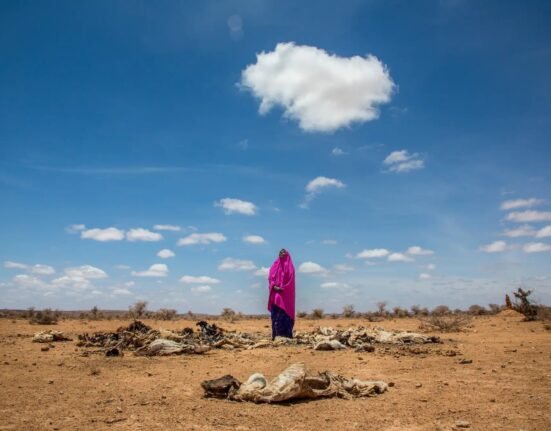Corruption has long been a pervasive issue in many countries around the world, and Somalia is no exception. With a history marred by political instability and economic challenges, the impact of corruption on Somali politics has been significant. This article aims to delve into the various aspects of corruption and its detrimental effects on political stability, governance, and socio-economic development in Somalia.
Historical Context
Somalia’s political landscape has been marked by decades of instability, civil unrest, and state failure. Since gaining independence in 1960, political corruption has been deeply ingrained in the country’s governance structures. Corruption has infiltrated all levels of government, from high-ranking officials to grassroots bureaucrats, creating an environment of impunity and erosion of public trust.
Political Stability
Corruption has played a major role in undermining political stability in Somalia. The diversion of public funds, the manipulations of election processes, and the bribery of government officials have often resulted in weak institutions and a lack of effective governance. This has fueled political conflicts and perpetuated a cycle of violence, hindering the country’s progress towards peace and stability.
Governance and Rule of Law
Corruption hampers the effectiveness of government institutions, undermining the rule of law and impeding the delivery of basic services. Public officials, driven by personal gain, often engage in embezzlement, bribery, and nepotism. These illicit practices not only erode public trust but also undermine the legitimacy of governing bodies. This weakens the capacity of the government to provide essential services such as healthcare, education, and infrastructure development, further exacerbating the socio-economic challenges faced by the Somali population.
Economic Development
Corruption acts as a significant obstacle to economic development in Somalia. The misallocation of resources, illicit financial flows, and the absence of transparent business practices deter foreign investment and hinder domestic entrepreneurship. As a result, the country struggles to attract sustainable investments, create employment opportunities, and alleviate poverty. This perpetuates a reliance on foreign aid, which can become a breeding ground for further corruption and dependency.
Social Implications
Corruption has profound social implications for Somali society. The diversion of public resources intended for social welfare programs disproportionately affects vulnerable populations, exacerbating poverty and inequality. Furthermore, corruption erodes trust within communities, undermining social cohesion and contributing to social unrest.
Anti-Corruption Efforts
Addressing corruption in Somalia requires a multi-faceted approach. Strengthening institutions, promoting transparency, and enhancing accountability mechanisms are critical steps towards combating corruption. Building the capacity of civil society organizations and empowering citizens to demand accountability are also essential in achieving long-term solutions.
Corruption remains a substantial challenge to political stability, governance, and socio-economic development in Somalia. Tackling this issue is vital for the country’s progress and the well-being of its citizens. By rooting out corruption and fostering a culture of integrity, Somalia can rebuild its institutions, attract investments, and focus on sustainable development initiatives. With the collective efforts of the government, civil society, and international partners, Somalia can pave the way towards a more prosperous and accountable future.






